Why ‘Monkey Man’ Is So Much More Than An “Indian John Wick”
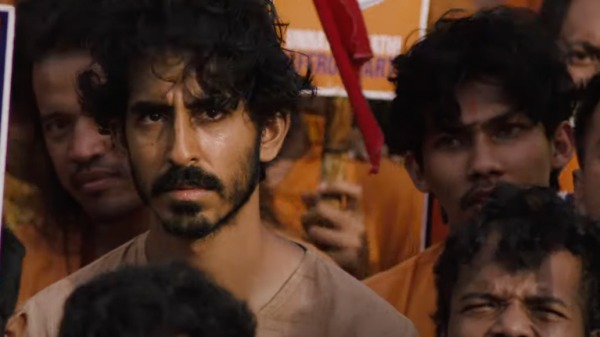 Thirsty for JUICE content? Quench your cravings on our Instagram, TikTok and WhatsApp
Thirsty for JUICE content? Quench your cravings on our Instagram, TikTok and WhatsApp
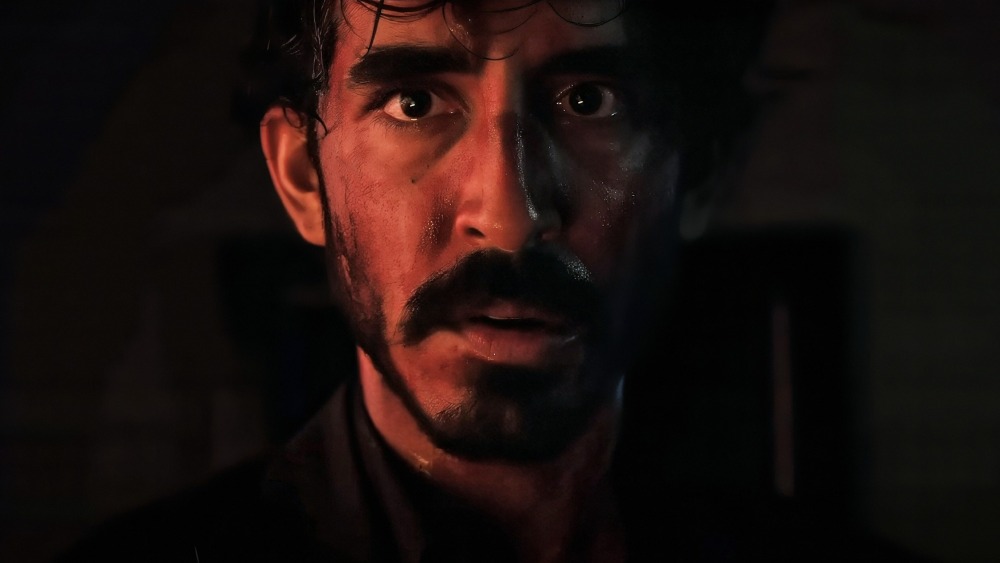
Any film that confronts the obnoxiously elite earns a spot in my favourites list, but Monkey Man takes it to a whole new level with the blend of wit and brawn brought by Dev Patel himself.
The plot kicks off with echoes of Fight Club, featuring Patel as a young man scraping by in an underground… Well, fight club.
Night after night, donning a gorilla mask, he endures brutal beatings from more popular fighters for a meagre payout that in no way compensates his physical afflictions.
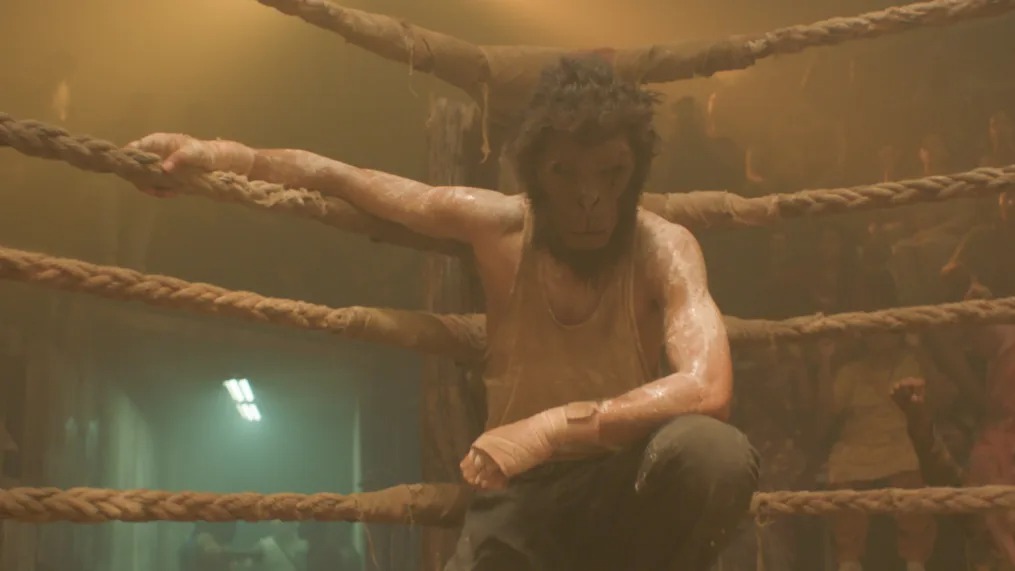
After years of simmering rage, he uncovers a way to infiltrate the enclave of the city’s sinister elite. Fuelled by childhood trauma, his mysteriously scarred hands unleash a blistering campaign of retribution against those who stripped everything from him.
Written, directed, and starred by Dev Patel, this film definitely feels like the directorial debut he’s been waiting to deliver.

As a Hindu myself, the resonance deepens, having grown up immersed in the legend of Hanuman. I remember receiving warnings against worshipping Him as a mere child due to His ‘bachelor’ status – the belief is that female devotees will ‘suffer’ the same fate and remain unmarried for life.
This film solidified my preference for warriorhood over wifely devotion.

My review may be slightly biased, coming from someone familiar with the faith, as the film is rich with Hindu references.
One of the most significant being his infiltration of a lavish brothel named Kings, where he encounters a sex worker named Sita (portrayed by the gorgeous Sobhita Dhulipala) ensnared in a seemingly inescapable predicament.
On the surface, this sequence seems like your run-of-the-mill damsel in distress situation, but it actually bears a striking resemblance to a narrative from the “Ramayana,” wherein Hanuman aids the god Rama in rescuing his wife Sita from the clutches of the ten-headed demon king Ravana.

Fine, let’s address the camerawork. The slightly shaky camera and the choppy fight scenes might raise eyebrows, but there’s a backstory to it. Dev Patel fractured his hand early on, necessitating a re-choreography with more one-handed action. Some shots were even filmed using his iPhone!
As an Android user, perhaps I’m desensitised to subpar media quality, but I genuinely believe it didn’t detract from the overall film quality.
It’s far from flawless, as Patel himself admits. In fact, the filming process was riddled with numerous complications, injuries, and setbacks, leading to the shoot earning a notorious reputation for being ‘cursed’.
Yet, here’s the unpopular opinion: That imperfection adds to its allure. It’s not meticulously crafted to the point where you’re aware that you’re merely watching a scripted performance.
It does not meet the polished perfection of a John Wick film with every frame worthy of wallpaper status, and it doesn’t need to.

It’s just Patel, with sweat-stained clothing and suppressed rage, scrubbing floors with powdered bleach, getting the shit beat out of him for an audience almost nightly. It’s his quest for justice, driven by his mother’s plight, both marginalised by a society that deems them inferior, among other spoilers I’ll refrain from mentioning for now.
Some reviews have labeled him ‘mediocre man’ in a sly jab at Patel’s ‘underwhelming’ character. But that’s precisely the point. He wasn’t groomed into becoming an iconic hitman; he simply acts from a place of hurt, anger, and trauma.
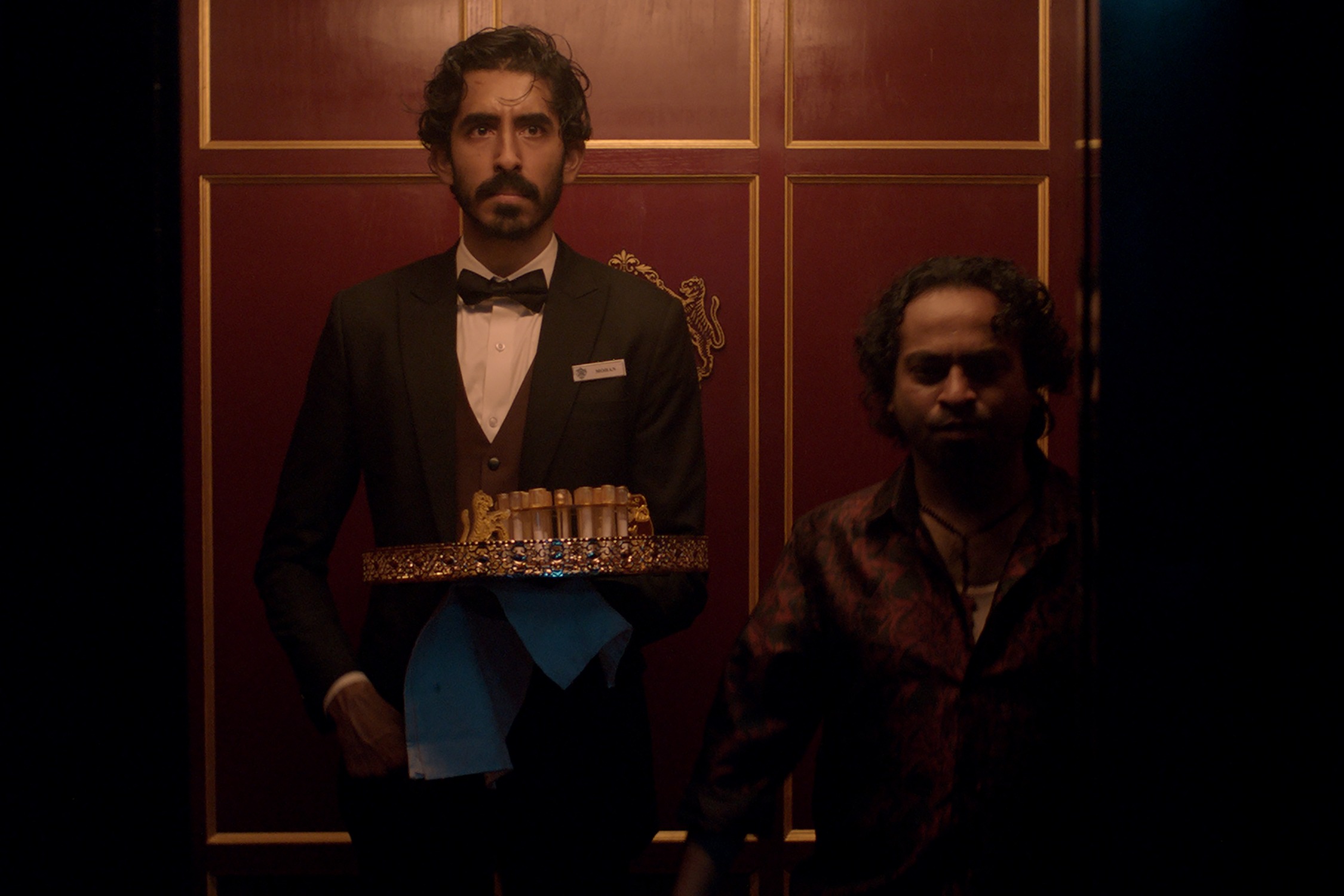
He’s your average Joe. At this point, the only standout thing about him is his pain tolerance.
This film transcends conventional screenwriting and resonates deeply because of its slightly rough edges.
It avoids being overthought or over-tweaked, exuding an impulsive and on-the-edge quality, with an ending you might anticipate but at the same time, haven’t quite seen before.
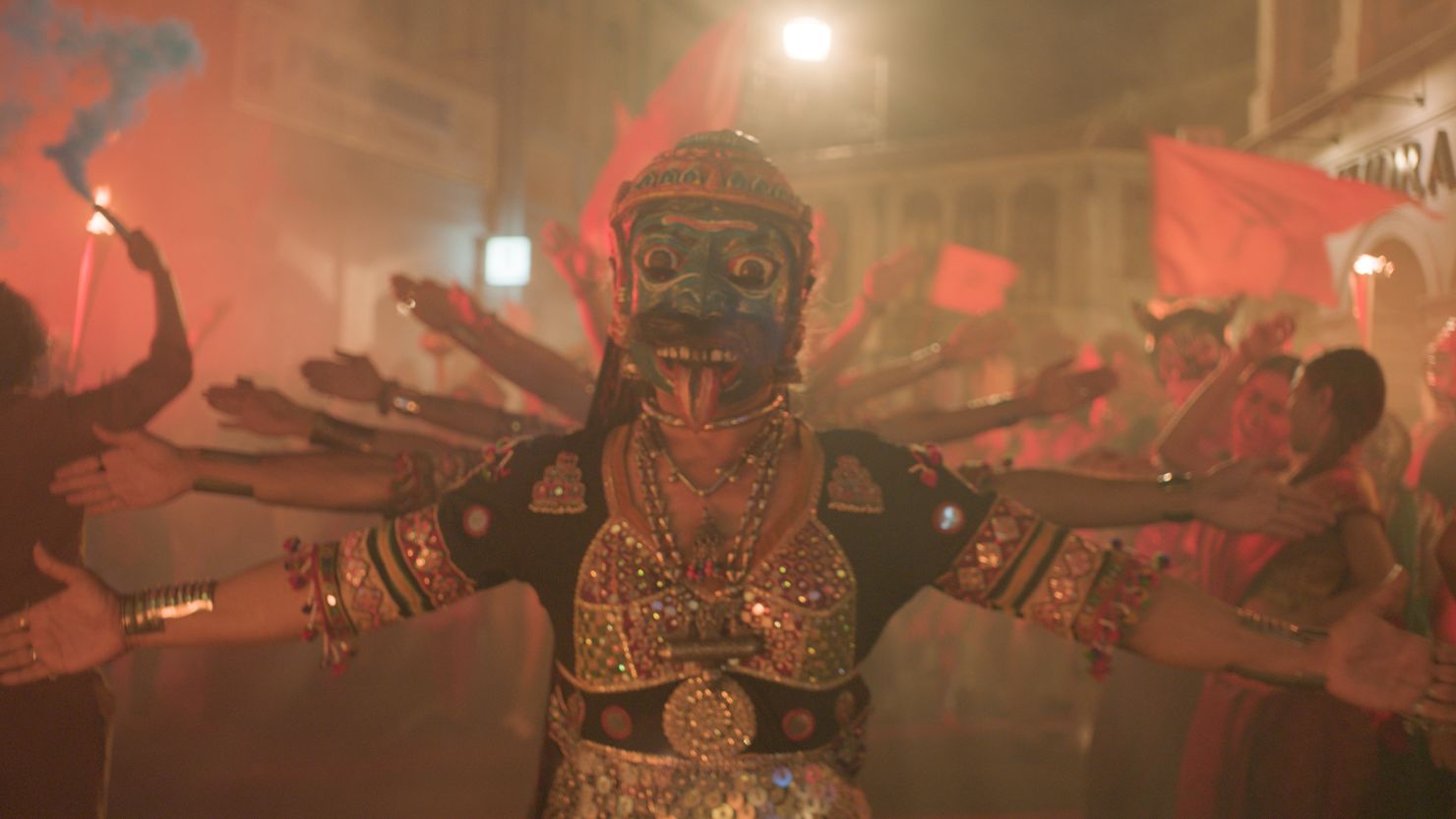
In essence, Monkey Man does a painfully wonderful job of portraying Hinduism in its rawest form while bluntly calling out hypocrisy.
You’ll either love it or hate it, but if you love it, chances are it strikes a chord because it goes far beyond the typical modern action flicks with invincible protagonists and meticulously choreographed fight scenes.
Hanuman may have swallowed the Sun, mistaking it for a succulent mango; but in this film, Patel spat that Sun back out onto the Earth, scorching those who have wronged him.

The representation of the Indian transgender community is arguably one of the best I’ve seen in an English-language film, too. Intertwining their sense of community and religious faith with a high-octane revenge plot is a feat Patel has masterfully achieved.
You’ll probably cringe at the aggression, yet feel every strike, punch, and kick deep in your chest.
Hinduism is a lived, complex faith, deeply personal to each devotee. My only hope is that people don’t conflate the film’s violence with the religion, seeing as Patel uses Hinduism as a crutch to justify his thirst for revenge.
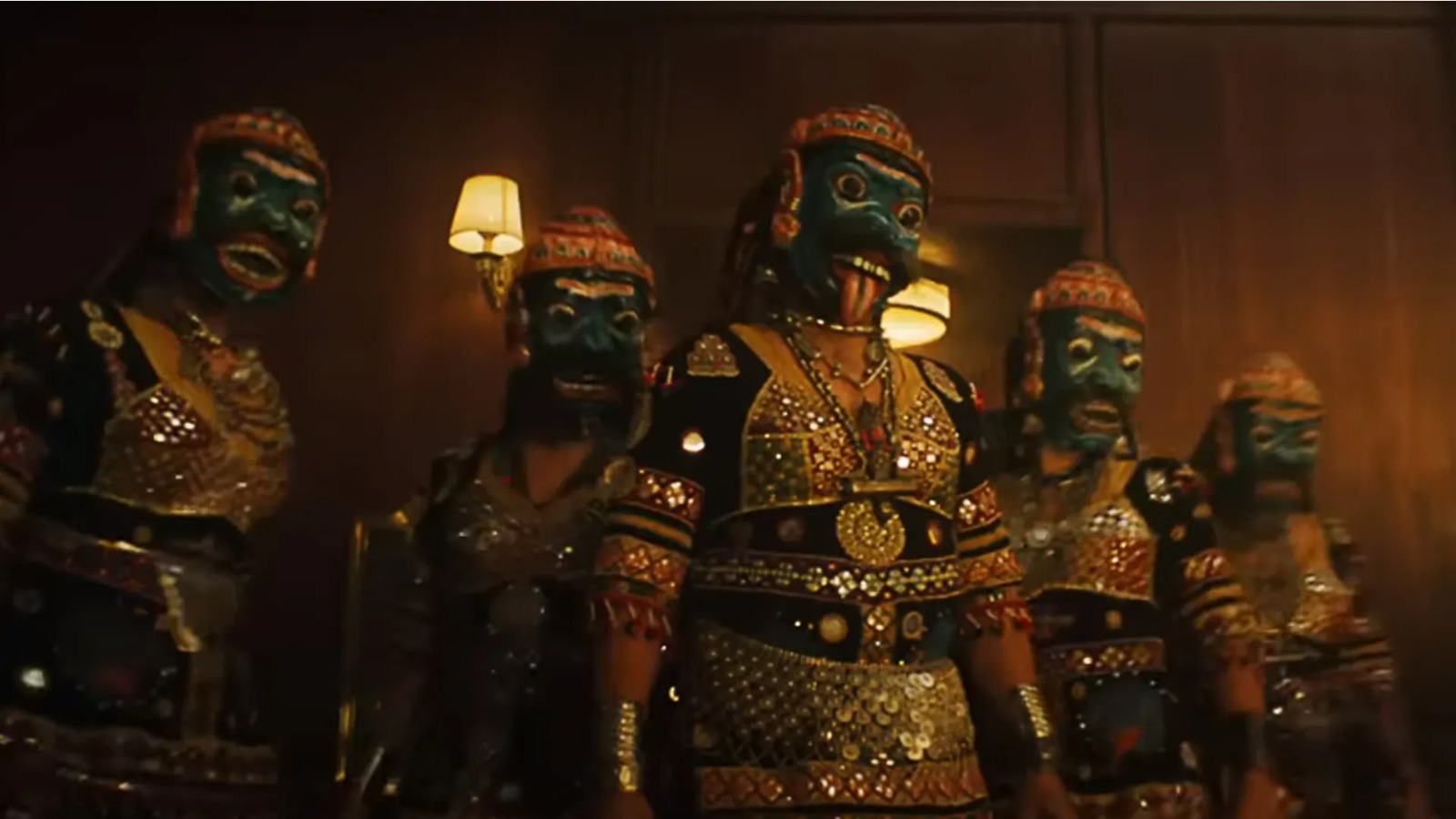
Faith is both weaponised and monetised in this film, and it is through this that it innovatively seeks to reclaim Hinduism from those who stoke division, offering an alternative perspective on the essence of the religion.
The end product is a labour of love, a heartfelt endeavour crafted and felt by Patel, rather than simply handed to him. It’s visceral, messy, profound, and discomforting.
From a creative stance, Monkey Man embodies the kind of work I believe every artist or creator should aspire to create for themselves.


 Get Audio+
Get Audio+ Hot FM
Hot FM Kool 101
Kool 101 Eight FM
Eight FM Fly FM
Fly FM Molek FM
Molek FM
